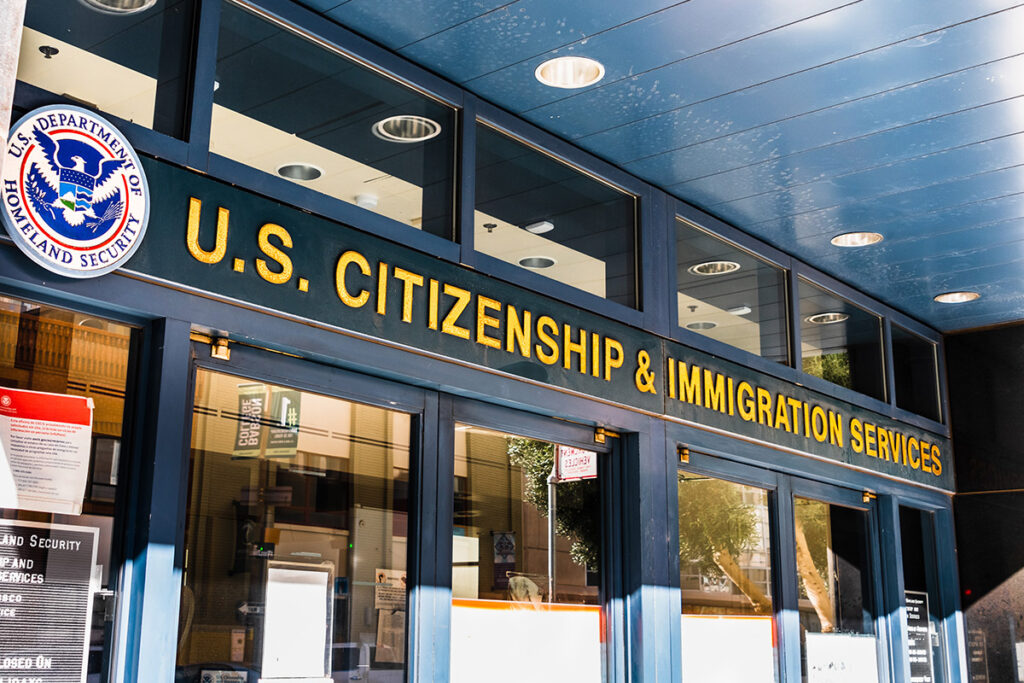The Right to Freedom of Movement
Abstract:
It is widely understood that individuals are entitled to the human right to freedom of movement within the states they inhabit. However, this right does not easily generalize to the human right to international freedom of movement across state borders. On one hand, proponents of states’ right to exclude non-citizens have argued that states’ right to self-determination pose a legitimate constraint on non-citizens’ freedom of movement. On the other hand, proponents of “open borders” tend to argue that other ethical considerations trump states’ right to self-determination. The right to freedom of movement, however, remains under-theorized. Three desiderata are required for a proper account of the right to free movement. Firstly, we must understand its requirements. Which goods or resources, if any at all, might possession of this right entitle us to? Secondly, we need a sense of its weight. Why is it assumed that the right to free movement is sufficient to ground domestic free movement, but not international free movement? Finally, and most importantly, we must understand the grounds of the right to free movement. Why even recognize the right to free movement as constitutive of a basic human interest? My project responds to these questions.

